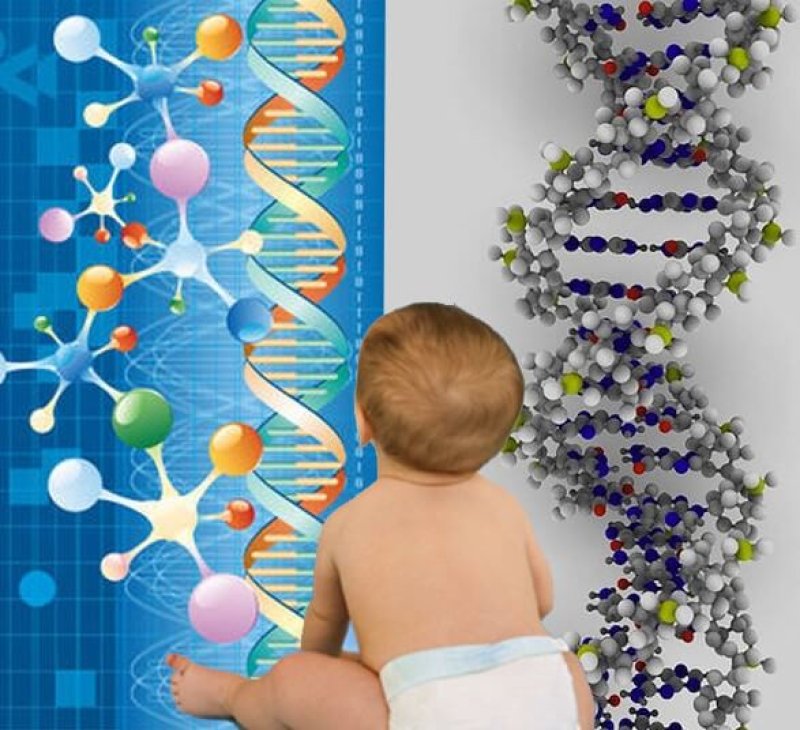[With CRISPR, couples] may soon be able to edit [genes linked to genetic disorders] right out of their own sperm, eggs or embryos, erasing it from their bloodline forever.
…
[However, genes for sickle cell and cystic fibrosis] probably helped us survive in the past, so is it wise to remove them now?…
[According to CRISPR pioneer Jennifer Doudna,] those “bad” gene variants might still come in handy…More broadly, genetically diverse populations tend to be more resilient, precisely because they have more genetic resources to draw on when unforeseen challenges arise.To further complicate matters, some of the gene variants now linked with disease probably don’t cause as many problems in other environments.
[For instance, autoimmune disorders like celiac disease] have become worrisomely common in Finland in recent decades, but are between one-fifth and one-sixth as common on the Russian side, despite the fact that the Russians are just as genetically predisposed to developing them…Finnish scientists think that exposure to a particular community of microbes…prevents the diseases from emerging in Russia. That’s important because at least some of the gene variants associated with autoimmune disease are probably useful….So instead of rewriting our genetic code, a better approach might be to change the interplay between our genes and environment — in this case by altering the microbes we encounter.
The GLP aggregated and excerpted this blog/article to reflect the diversity of news, opinion, and analysis. Read full, original post: The Upside of Bad Genes































